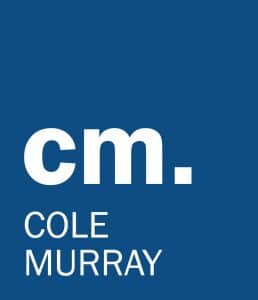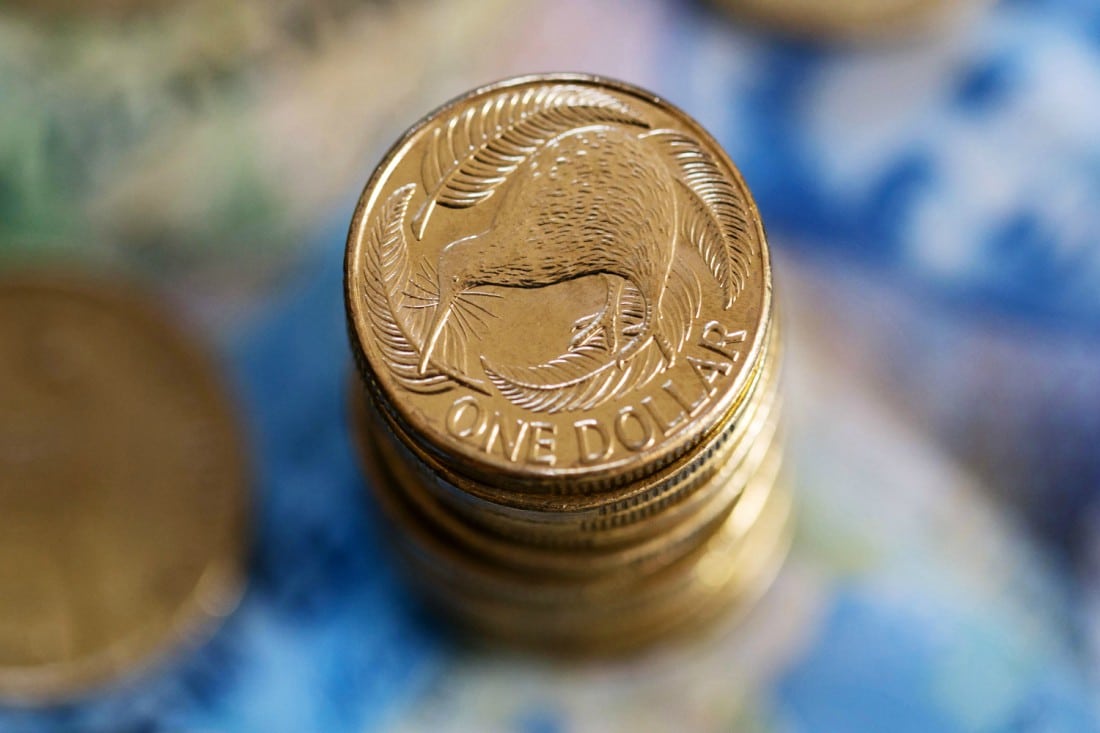Keeping your KiwiSaver top-of-mind makes sense. If you’re familiar with the basics, but could do with expanding your KiwiSaver knowledge, read on for things to should know…
What even is KiwiSaver?
KiwiSaver is a simple and affordable way to save for retirement. You, your employer and the Government contribute, you’ll earn investment returns, and you can withdraw your money to buy a first home. In general though the money is locked away until you retire, to remove the temptation of spending it.
How do I join?
Through your Financial Adviser (that’s us), your employer, or directly through the provider. You’ll get to choose which provider you sign up with (or else you’ll be signed up to a default one). When setting up your KiwiSaver it’s worth getting advice that’s impartial from the banks – and guess what, we can offer KiwiSaver advice at no cost to you!
What fund should I be in?
Short answer – it all depends on how much risk you are prepared to take with your money.
If you’re young then often you can afford to take calculated risks for long-term gain. An Adviser can help you figure out what feels right for you, and make a switch if you want to. You can also compare the different funds, their fees and see where and how they invest your money.
Socially responsible funds (that avoid investments in guns and oil for instance) are available too.
Can I withdraw my KiwiSaver money to buy a house?
One of the advantages of KiwiSaver is that you can dip into your KiwiSaver funds to boost your first-home deposit, reducing the mortgage you would otherwise need.
However, there is a bit of confusion out there as to how this works, so to clarify, a KiwiSaver first-home withdrawal can only be used on the day of settlement (or towards the purchase deposit that secures the sale & purchase agreement). In other words, the money from your KiwiSaver account goes straight to your solicitor, to be paid to the vendor (owner of the property) on settlement day.
To be eligible to make a first-home withdrawal, you must have been a contributing KiwiSaver member for at least three years. The savings you withdraw can’t be put towards purchasing an investment property – it can only be used for a first home. Although, in some circumstances, even if you’ve owned a home before, you may still be allowed to make a first-home withdrawal. Needless to say, we can help you check your eligibility and assist with the application process. If you are thinking of using your KiwiSaver money towards a home, you’ll want to consider your KiwiSaver set-up ahead of time too.
You unfortunately can’t use any Aussie Super for a home deposit. There are rules with Australian superannuation that prevent this. However, once you have transferred your Aussie Super to KiwiSaver, you can use any earnings that you make in KiwiSaver off the back of it for a KiwiSaver first home withdrawal, so it’s an option worth considering.
We recommend talking to a Mortgage Adviser at least a year before you’re planning to buy a house, so that you can make the right adjustments to your fund and optimise your savings to your best advantage.
What is the government contribution?
The Government matches your contributions with 25c for every dollar you put in, up to a maximum of $260.72 each year. So you have to put in $1042.86 each year to get the maximum government contribution (that’s just over $20 per week).
If you put in less than $1042 though, you’ll still get 25c in every dollar you have managed to put in, so it’s still well worth it. Got it? If not, contact us and we’ll be happy to explain.
When can I withdraw my money?
Once you reach the NZ Superannuation age (that’s currently 65, but will be going up to age 67 by 2040). The only cases you can get it out any earlier are are for a first-home deposit (subject to meeting the criteria), if you are experiencing significant financial hardship (subject to approval), or due to serious illness or disability (subject to approval).
Once again, it’s important to understand the implications of making an early withdrawal, and well as the ins and outs. This is where speaking to a KiwiSaver Adviser can be beneficial.
Your KiwiSaver money also goes to the beneficiaries of your estate if you die, regardless of your age. Setting up a Will enables you to decide who gets it.
What happens when you turn 65?
Once you turn 65, provided you’ve been a member for at least five years, you can tap into your KiwiSaver funds.
Unless you need all the money right away, you don’t necessarily have to close your account. Many providers allow KiwiSaver members to remain in their scheme and will continue to manage your money for you, so that you can continue to save. You would also be able to make regular withdrawals and voluntary contributions.
After you turn 65, it’s up to you whether you want to leave some or all of your money in your KiwiSaver account – and at that time, it would be a good idea to talk to a specialist about your options, goals and needs.
There are many misconceptions about KiwiSaver
Let’s debunk some of the common myths we hear.
1. I can only join KiwiSaver if I am a PAYE employee
Sure, being a contributing member is pretty straightforward when you are a PAYE employee, as your employer makes the deductions and pays them to IRD. However, even if you are self-employed or on a benefit, you can still join and contribute to KiwiSaver. You will just need to decide how much you want to contribute and then make the payments manually (or by automatic payment) yourself.
And another tip – by putting in at least $1,042.86 each year between 1 July and 30 June, you will get an extra $260 from the Government, by way of a Government Contibution. Yes, every year, and it’s literally free money.
2. Retirement is ages away: there’s no point having KiwiSaver until I am older
There’s no such thing as being ‘too young to save for retirement.’ In fact, the earlier you start saving, the more money you will likely have in retirement – by far. Starting now means you will need to put aside less money on a regular basis to achieve your retirement goals.
Thanks to the power of compounding interest and the longer period of contributions, a small amount today may turn into a much bigger amount tomorrow. So if you can, don’t put it off.
3. I have to go with the KiwiSaver provider my employer has selected
Employers can select a provider for you, otherwise one of nine default providers will be assigned. Either way, you don’t actually need to be stuck with a provider. You have the freedom to choose the provider you want, at any time. But before you do, keep in mind that talking to a KiwiSaver Adviser can give you the extra knowledge you need to make an informed decision. It is good to be aware of the provider you are in, as default providers may not suit every person.
4. I don’t earn much, so there’s no point in having KiwiSaver
Depending on your time horizon, even putting away as little as $10 per week can leave you with a healthy nest egg when you retire.
For example, if you started at age 20, and put $10 per week aside, by the time you were 65 you would have savings of $23,400 – without any interest/gains or Government contribution. Factoring in interest and compound interest could see your savings at over $100,000!
And even if you’re not that far from retiring, there are strategies you can put in place to make the most of your contributions. Please don’t hesitate to contact us if you’d like to give your nest egg a boost.
Could you do with some Financial Advice?
KiwiSaver is designed as a long-term retirement savings plan. By starting your contributions as soon as possible, and choosing the right fund for your needs, your retirement can be financially a lot more comfortable and enjoyable.
It might sound like something reserved for the financial elite, but we believe financial advice should be made simple and accessible for all – we’ve all gotta start somewhere!
If you choose to become a client, our KiwiSaver advice comes at no cost to you and includes:
- regular reminders (by email or phone) when it’s time to review things.
- personal service, relevant to your stage in life, from a dedicated KiwiSaver expert.
- help with completing paperwork and understanding anything KiwiSaver.
To ask any questions or find out more, email our KiwiSaver advisers or phone us on 06 870 7050. Happy saving!




